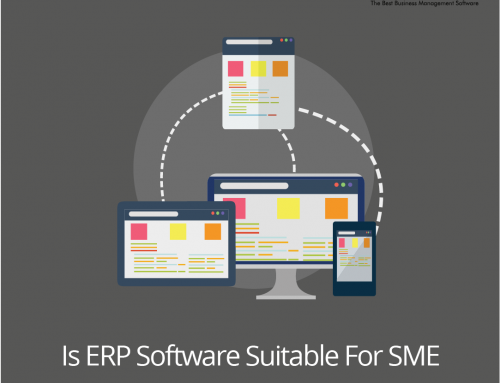Building a start-up business requires a hard work and energy. A thorough preparation and well-planned business execution will be a great help for your start-up business. Well organized preparation means preparing your business success. While preparation failure leads your business into trouble. Thus, planning and preparation are very vital for business. One of the necessary preparations is related to business bookkeeping.
Some of the start-up business owners have not made the proper business bookkeeping. The most common reasons are doing bookkeeping work needs more energy and time, no specified employee who handle finance tasks, and even some owners thought that it is not necessary to have bookkeeping. Bookkeeping has a vital role for the business sustainability. It is a mandatory, even in a very simple form. Why the bookkeeping is required?. Bookkeeping allows the owner to monitor the business growth both physically and financially, recognize the comparison between budget and realization, as part of the accountability in using the budget. Besides, it must be evaluated and the basis to create the following budget.
The bookkeeping process is a continual recording activity to collect financial data and information related to asset, liabilities, capital, revenue, cost, as well as the goods and service delivery, and ended by preparing a financial statement in the form of a balance sheet and income statement in each fiscal year ends.
Some points to prepare the bookkeeping are:
- Understanding some of the bookkeeping types:
- Expenditure book. It records the daily expenses in your start up business. From buying small items to the raw material.
- Entry book records every incoming cash to your start up business.
- Cash flow records every outgoing cash from your business. Business cash flow must be monitored regularly to ensure your business has sufficient fund for its operational activity or going into bankrupt. Thus, financial recording and reporting shall be conducted thoroughly and carefully.
- Inventory record. This record contains the increased or reduced products of your company. Reduced means your products are sold. While increased means there is additional products due to the production process results in stock. This report helps you to monitor your start- up business daily activities, compare the income, expenses for inventory, and a number of outgoing items from your warehouse.
- Profit and loss report. Is a simple bookkeeping in specified accounting period which consists of the elements such as revenue and expenses. This report informs your business net profit (or even lost).
- Setting appropriate bookkeeping system based on your business needs.
- Implementing accounting software to manage your business financial report easily. A user-friendly software, like Zahir Accounting, serves complete easy-to-use features, such as sales input, print invoice, and produce financial report automatically.




